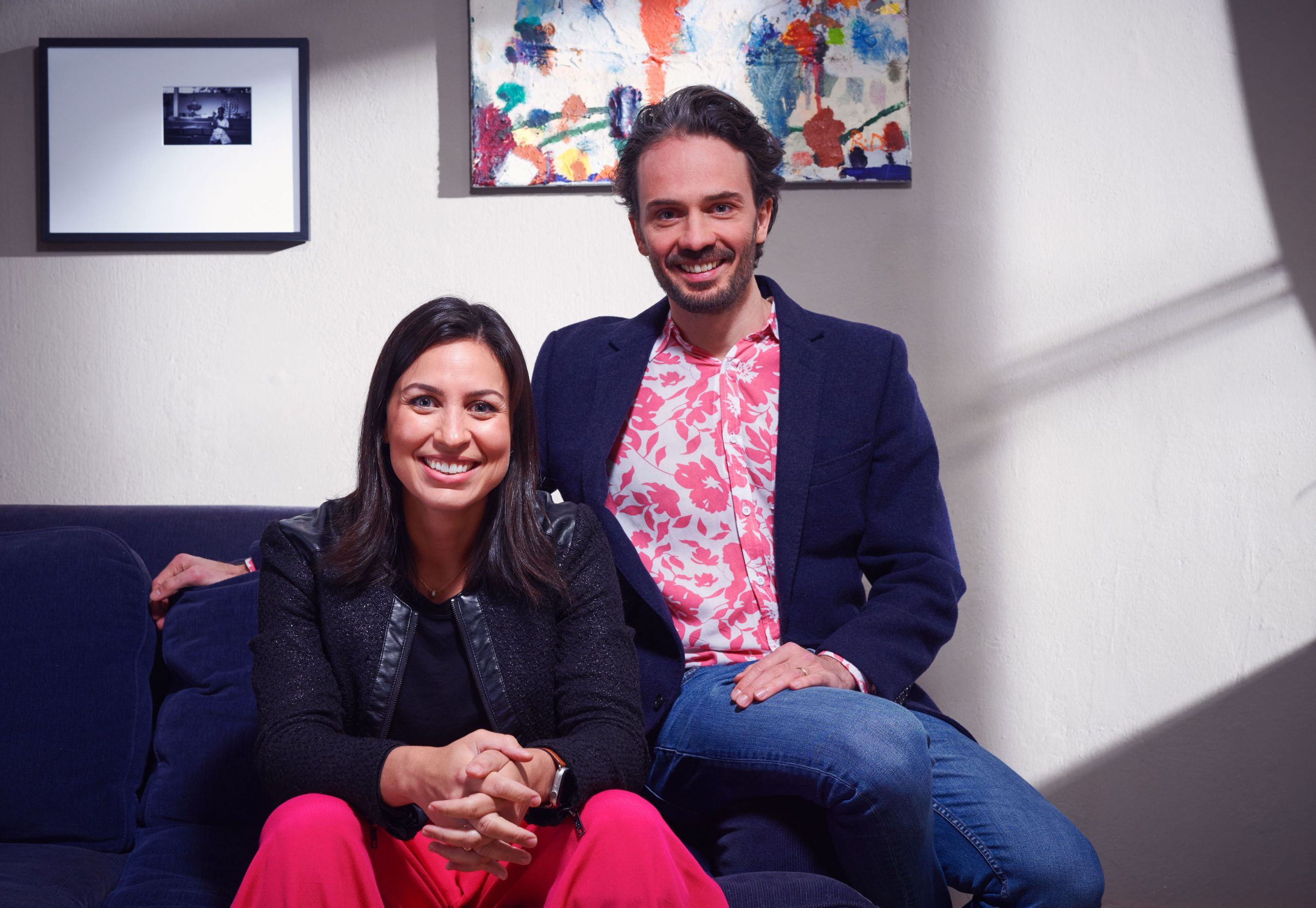A new German company is using revenue-based financing to offer tech companies a way to grow without diluting their ownership stake. Along the way they could also save the planet.
Remagine grew from cofounders Julia Profeta Johansson’s and Sebatsian Dienst’s experiences in the corporate world. For Ms. Profeta Johansson it was a desire to align her personal values with her professional life that produced a shift from corporate banking to a startup and then an incubator that helped entrepreneurs solve social and environmental issues. She repeatedly saw such businesses become successful.
Mr. Dienst is a tech entrepreneur with more than a decade of experience in SaaS, finance and consumer products. Once a venture developer at Rocket Internet (where Ms. Profeta Johansson also worked), he was also on the founding team at Shore.com, a B2B SaaS local merchant solution that he expanded to the United States. When looking for a business model to found a company on, he decided on revenue-based financing which he saw as a way of helping startup founders retain autonomy while also growing their business.
But the two wanted a business with more touchpoints than pure lending, so they combined their experience into a vision for Remagine, which is true to its name. Their first offering is an intelligent bank account that features the usual transaction capability but adds virtual and physical cards for people and teams so they can be used for specific purposes like expense management. Multiple international bank account numbers allow for multiple purposes, with all expenses tracked and displayed on an analytics dashboard.
Reimagine also offers founder-friendly, revenue-based financing on shorter terms of six to nine months that is ideal for growth investments like digital marketing and sales. If a business has a few months of traction and its performance can be analyzed, lending decisions can be based purely on performance. This reduces bias and allows more underrepresented founders to get financing. This option comes with fixed fees and no hidden charges and second and third financings are already being taken.

Beyond helping companies grow, Remagine helps them increase their sustainability. At the beginning Remagine conducts an impact x-ray that identifies if that company is agnostic, responsive or truly impactful. If they make a majority of their revenue from oil and gas, mining, adult entertainment or other suspect industries, the relationship will likely stop there. If it continues, the journey is tailored depending on that initial sustainability x-ray, the company’s field, and other factors. There are bonuses based on how much positive influence a company’s actions have, such as a free account or a lower interest rate.
“We bring some real financial incentives to the table where you say the more impact you have the more benefit you have with us,” Ms. Profeta Johansson said.
Reimagine was well-positioned when the pandemic hit, not that it wasn’t a shock to a company only a few weeks into its formation, Ms. Profeta Johansson said. They were able to maintain their focus on using technology and data to underwrite digitally-focused companies. Many companies actually performed better, with some needing to adapt strategies.
One of my favourite takeaways from covering tech startups over the past decade is the growing number of companies not just paying lip service to sustainability and saving the planet but actually doing something about it. Mr. Dienst said to truly affect change you have to dig into the core of our economic and social structure. Money is its lubricant and is neither good nor bad. It can be used to both strip the planet or to include more of us; it all depends on how you incentivize it.
“I think it’s recognition there is something more like just profits,” Ms. Profeta Johansson added. “There is something that is pervasive in the whole consumer base. I think we’re privileged to be in a place like Berlin, where it is at the forefront of all the changes that we need to actually see happening.”
Europe is waking up and seeing an opportunity to lead this global change, they said. Look for more leaders to take the founder’s pledge and become vocal on climate action. That is Remagine’s vision – where money and business are forces for good.
But some businesses don’t know how to do that and this is where that ongoing relationship comes in. Over time companies will be able to access a growing community of experts aligned with Remagine that can share their experiences from that stage of development.
“These nodes… to turn them into more intentionally aware organizations I think is the task for the next decades if we want to continue thriving on this planet,” Ms. Profeta Johansson said.
As technology improves it makes it easier to profitably assess the creditworthiness of smaller companies. Remagine’s model does not yet have much machine learning but its automation and the capturing of all data provides a strong foundation.
“It’s something that is super important for startups,” Mr. Dienst said. “If you have the right mindset from the beginning you start capturing data right at the beginning as well and using this to enhance your processes.”
With all or the pressures on startup founders, there are plenty of areas that need focus beyond sustainability. Yet the desire to be sustainable is strong. A recent Remagine survey showed two-thirds of companies either actively consider impact or view it as a key metric. More socially aware companies also practice diversity.
But those are measures that don’t often show in quarterly assessments; their impact can only be measured over longer periods. Perhaps that needs to change too.
“It’s a shift that is also so much needed within the whole finance industry, which is should we be looking at quarter performance? Should we be looking at multiple periods?” Ms. Profeta Johansson asked.









